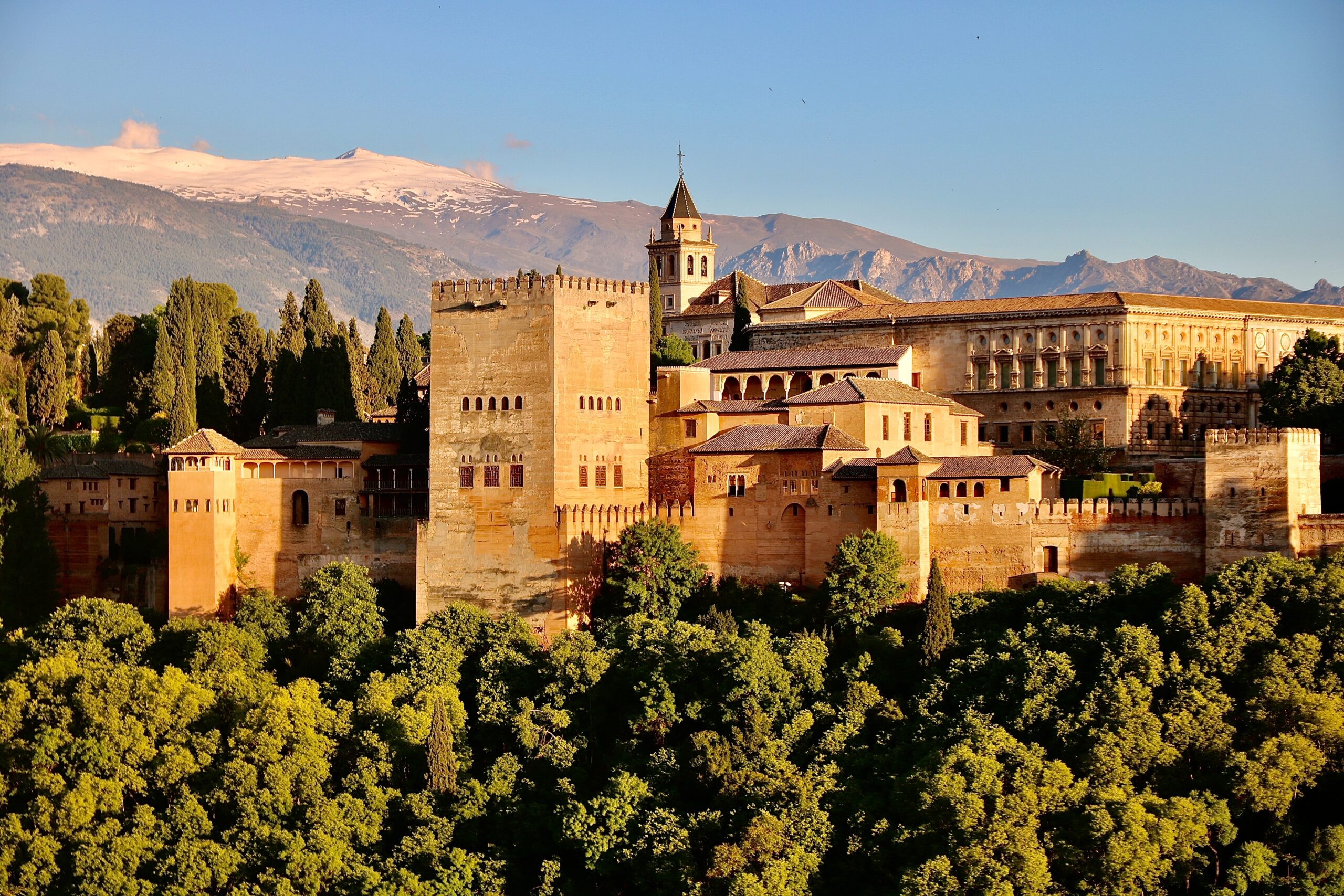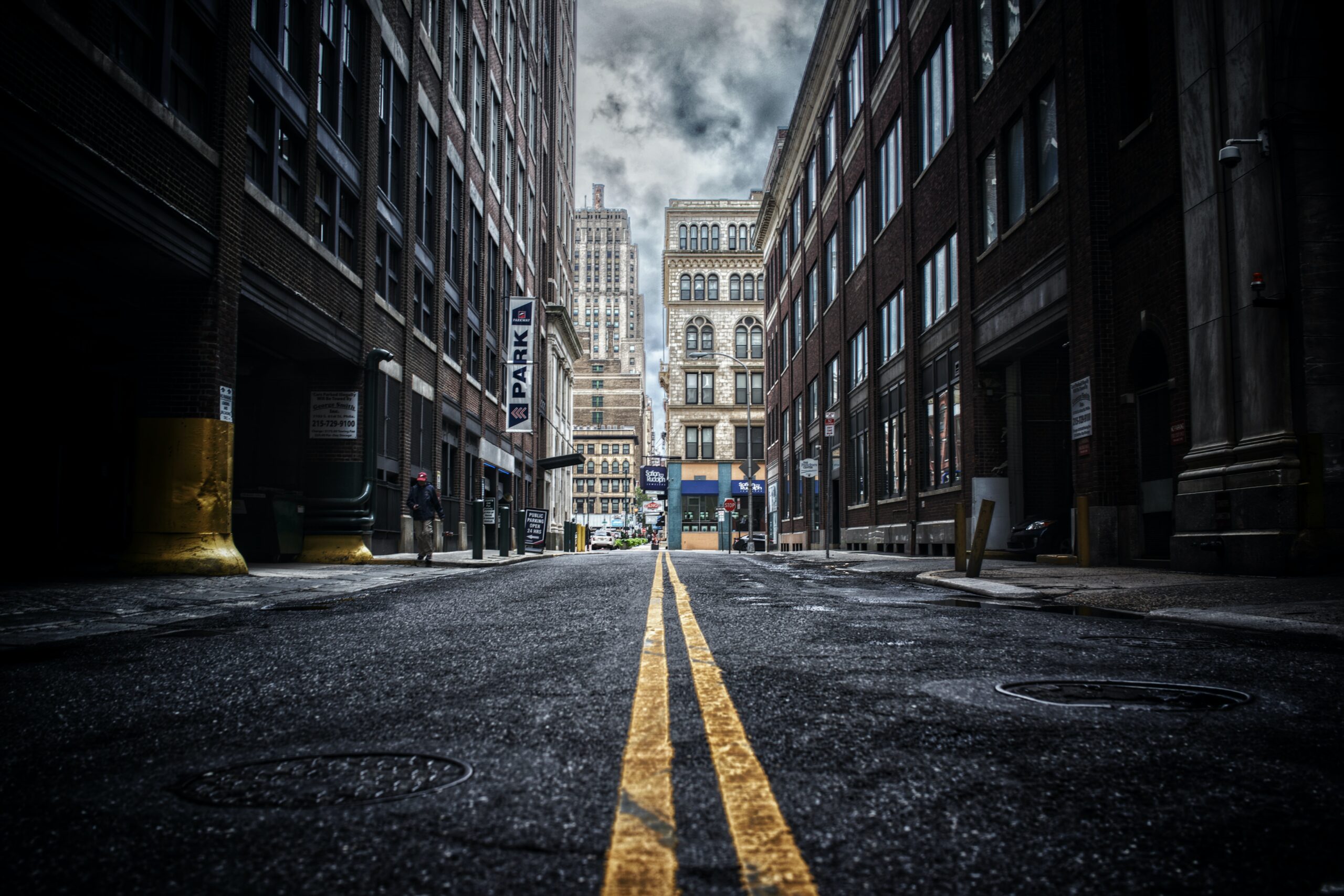The close-set and benign features on the face of the Italian actor Ninetto Davoli seem to incarnate stupidity more completely than in any other actor that I’ve ever seen. It is almost uncanny, the perfect embodiment of a trait not always easy to bring out—and not always gratifying to bring to life as an actor, to be sure. But Davoli does it, and so utterly that I’ve moved beyond seeing in his performance that of a jester, an idiot, or a freak, so that now this magical feat has become impressive more than anything else. And impressive is what it is. To have that caliber of character acting can garner…
-
-
A lone waif plies the strand and searches for firewood, pottering with a walking stick until a group of children, running wildly to her, calls her back home as one explains that “there’s a man here. He came on a big motorcycle. He says Rosa is dead.” Returning with the waif, the children find their mother in tears bartering with an oafish, swarthy gentleman, who in exchange for 10,000 lire has bought the very waif called by the children. A woman more lugubrious than woebegone, having spoken to the strongman whose name is Zampanò, the mother says to justify her daughter’s competence that “she’ll do what she’s told. She just…
-
The superlative film of the neorealist movement, Bicycle Thieves plays as tragedy. Having endured unemployment and penury, Antonio accepts a job for which he needs a bicycle; he procures the bicycle at the cost of bedsheets, which his wife has sacrificed, amplifying the indignity of their living conditions; and he goes about his first day with success, after leaving his son, Bruno, at the pitiable filling station to which he is to return that evening. But after Antonio leaves his bicycle against a wall, a reprobate steals it, making off into the distance and leaving Antonio where he started—in penury, indignity, and squalor. If this misfortune fails to convey the…
-
The apex of the Janiculum and the Fontana dell’Acqua Paola constitute the backdrop of the sacred and the profane, which in The Great Beauty concern those inhabitants of the city of Rome. This location of the opening scene has as its precedent the Trevi Fountain, to which the film La Dolce Vita brought not only renown but notoriety. While the latter film brought to the world the vision of Fellini and of Roman squalor, The Great Beauty achieves something more meditative and interior than its predecessor; artful and mordant, La Dolce Vita created a social critique that The Great Beauty, using characterization and lively dialogue, subordinates to the quest of…









